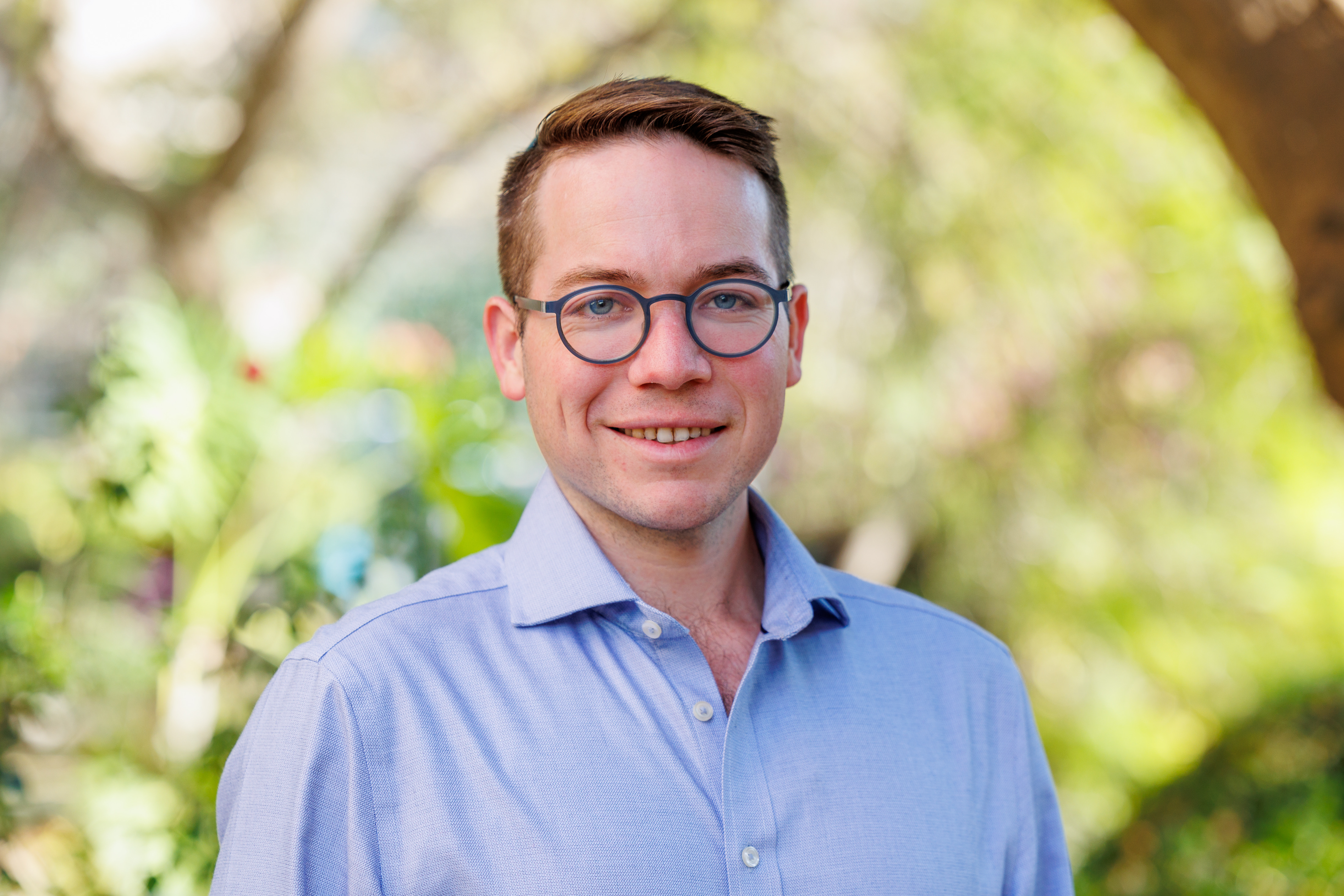Teshuvah & Modernity: Themes in Rav Soloveitchik’s Discussions of Teshuvah
In this 3-part course, we will explore key ideas about teshuvah, repentance, in Rabbi Joseph Soloveitchik’s theology. Taking his lectures in On Repentance as our jumping off point, we will weave them together with texts from across his writings to see the full picture of his ideas.
Class 1: Be Your Own Messiah: Teshuvah as Self-Creation and Self-Redemption
Teshuvah = Freedom. But how? And why? This enigmatic equation sets Rav Soloveitchik off on a journey, from the classic texts of the Rambam to modern conceptions of time and the self. Rejecting forms of teshuvah based on feeling bad about the past, he describes a model of teshuvah that is future-oriented and activist in nature. Teshuvah, Rav Soloveitchik argues, is key to freeing ourselves from a deterministic, deadening sense of time, and opening up revolutionary new possibilities in our lives.
Class 2: Waking Up from Modernity: Teshuvah as Self-Awareness and Realism
How do we realize that we need to do teshuvah? How do we realize we need to change without yet having changed? For Rav Soloveitchik, this problem lies at the heart of what it means to be a Jew in the modern era. Modernity has brought many blessings on both the Jews and the world as a whole, but it has also brought on numerous catastrophes. In this class, we will see how the problem of “waking up” from our routine ways of thinking about ourselves and the world—being self-critical and realistic—is key to avoiding the sins and idolatries inherent to human potential.
Class 3: Spiritual Exile and Political Redemption: Teshuvah Beyond the Individual
Teshuvah is often thought of as a spiritual endeavor of the individual Jew. There is another form of teshuvah, however: the teshuvah of the collective. Starting from the laws of communal sacrifices which atone for communal sin, Rav Soloveitchik depicts sin, exile, and redemption as a historical drama culminating in but—not exhausted by—a Jewish state. Imagining the Jewish people as a single being—an organic whole—he says that teshuvah must go beyond the actions of individuals and be realized in the life of the nation. On the national level, sin alienates us from our national self and leads to exile from the land, and redemption will mean returning to ourselves and to our land. This means a return to Jewish sovereignty, but also to a critical distance from it: sovereignty can never become all of what it means to be Jewish.



